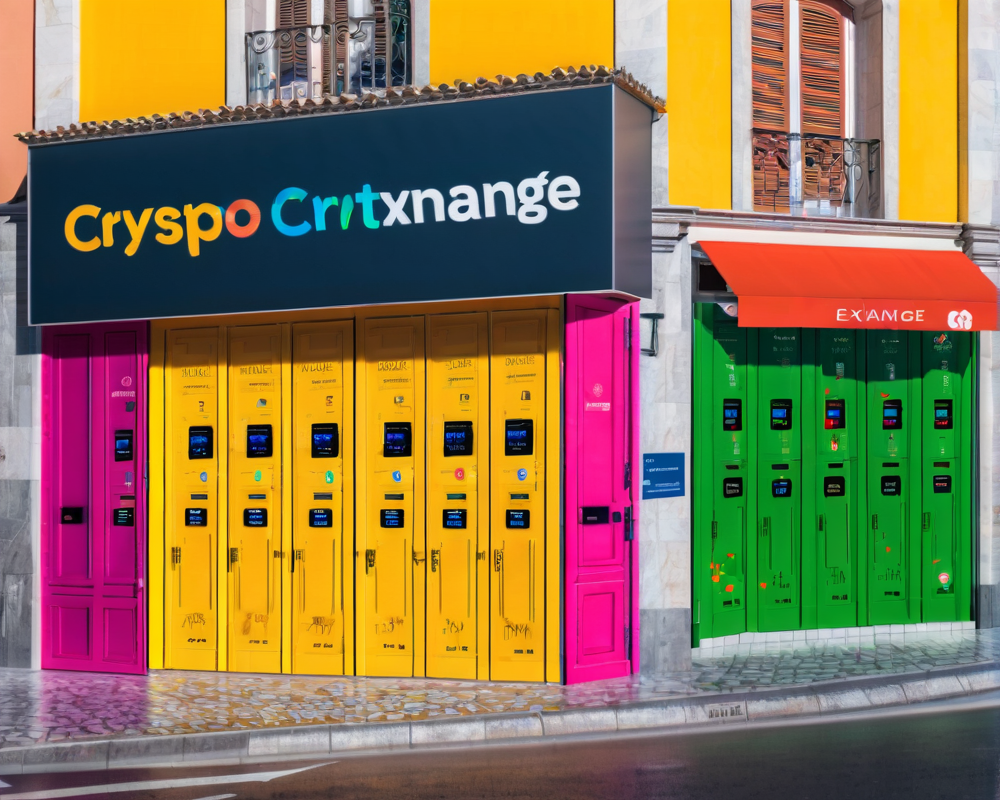Portugal’s Shift from Crypto Utopia to Banking Dystopia
Portugal was once touted as a bastion for cryptocurrency enthusiasts. However, recent developments suggest that this sunny disposition may be clouding over. Major banks such as BCP, Santander, and others have reportedly closed the accounts of various licensed cryptocurrency exchanges, which raises more than just a few eyebrows in the crypto community.
The Impact on Licensed Exchanges
For crypto exchanges in Portugal, this isn’t just a minor inconvenience – it’s a significant hurdle. CriptoLoja, the first officially licensed exchange, along with others like Mind The Coin and Luso Digital Assets, have been caught in the crossfire of this banking strategy. With at least four banks shutting down accounts, it begs the question: if the banks no longer want you, are you still in business?
What’s Behind These Closures?
Ah, good ol’ “risk management” – a phrase that sounds suspiciously like “we’re just covering our butts.” The central bank appears to have given banks the green light, suggesting they can part ways with any accounts they deem risky, potentially sending a message to the crypto exchanges that they might be facing a rocky road ahead.
Regulatory Oversight: A Double-Edged Sword?
Mário Centeno, the head honcho at the Bank of Portugal, was quoted as saying that banks have wide latitude in deciding who to do business with. The oversight includes ensuring crypto platforms are policing themselves against money laundering and bad actors. But does a little oversight now equate to tighter regulations down the line?
- Following the rules?
- Anti-money laundering measures
- Fraud prevention tactics
- Detecting suspicious activity
A Blow to Portugal’s Crypto-Friendly Image?
In earlier times, Portugal’s approach to cryptocurrency was like a warm hug: two rejected tax proposals indicated a desire to nurture the sector. Fast forward to now – this hug feels more like a pat on the back before being shoved out the door. As the interest in regulation grows in tune with other EU nations, one must wonder whether Portugal will continue to attract Bitcoin entrepreneurs or whether they’ll slowly drift to more favorable shores.
Global Perspective: A Problem Shared?
Interestingly, Portugal’s banking woes reflect a much broader global challenge. Many exchanges face difficulties obtaining reliable banking services, often painted as risk-laden enterprises. As noted, Senator Elizabeth Warren from the U.S. is pushing for a bill that would constrain bank-provided services for cryptocurrencies, which feels ever so slightly like shutting the stable door after the horse has bolted.
Ukrainian Crypto Entrepreneurs: A Silver Lining?
On a brighter note, despite the account closures, Portugal has seen a surge of interest from crypto entrepreneurs, particularly amid the ongoing crisis in Ukraine. What was once a friendly haven for 27,000 Ukrainians is now accommodating over 52,000, with many drawn to the Iberian nation’s relaxed attitude towards crypto. But will they stay if banking becomes a game of cat and mouse?
In conclusion, as the dust settles, one thing is clear: the developments in Portugal’s crypto scene deserve to be watched closely. Will this create a compelling pusher for clearer regulations, or will the banking sector’s unease be the undoing of a once-thriving marketplace for digital currency? Only time will tell, but let’s hope they get their act together before the rest of us need a good laugh at the irony of it all.




